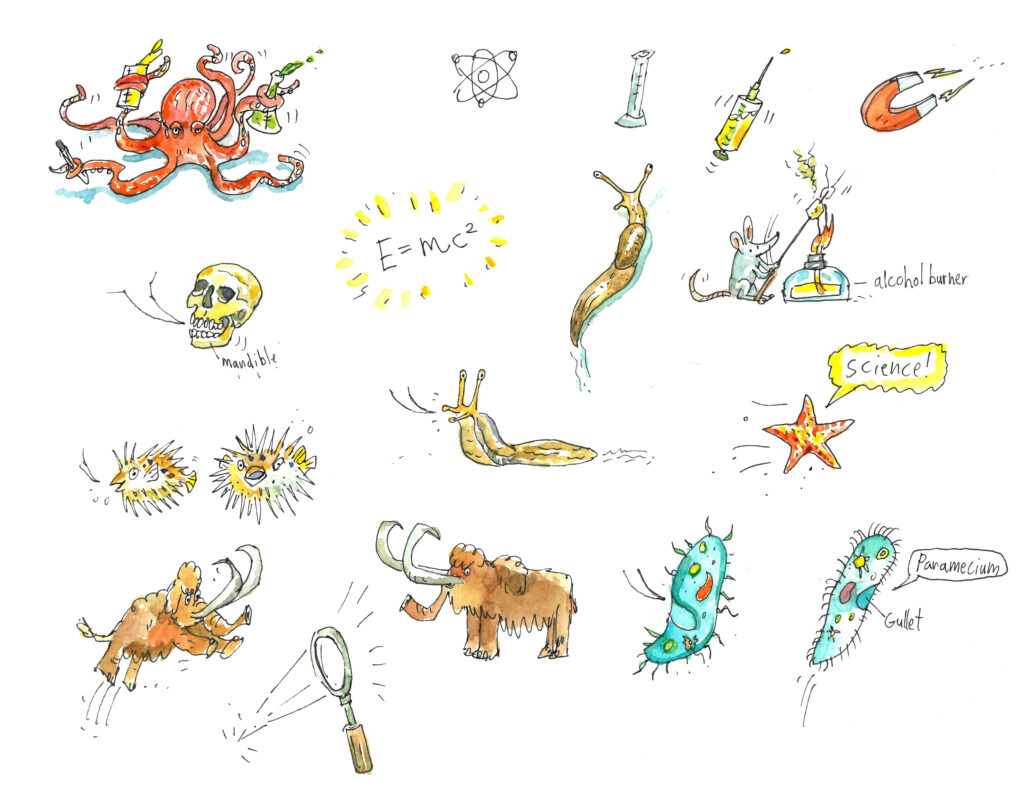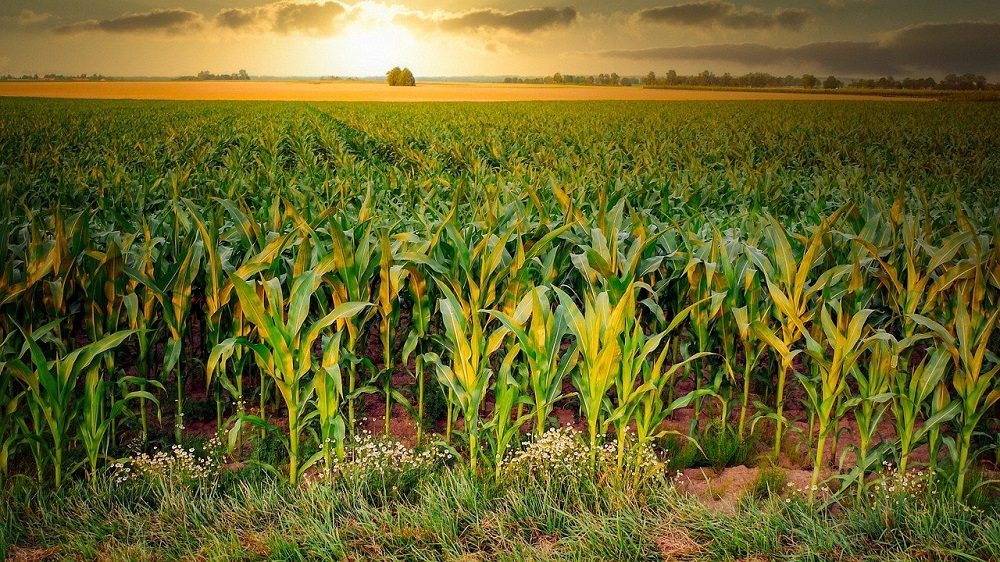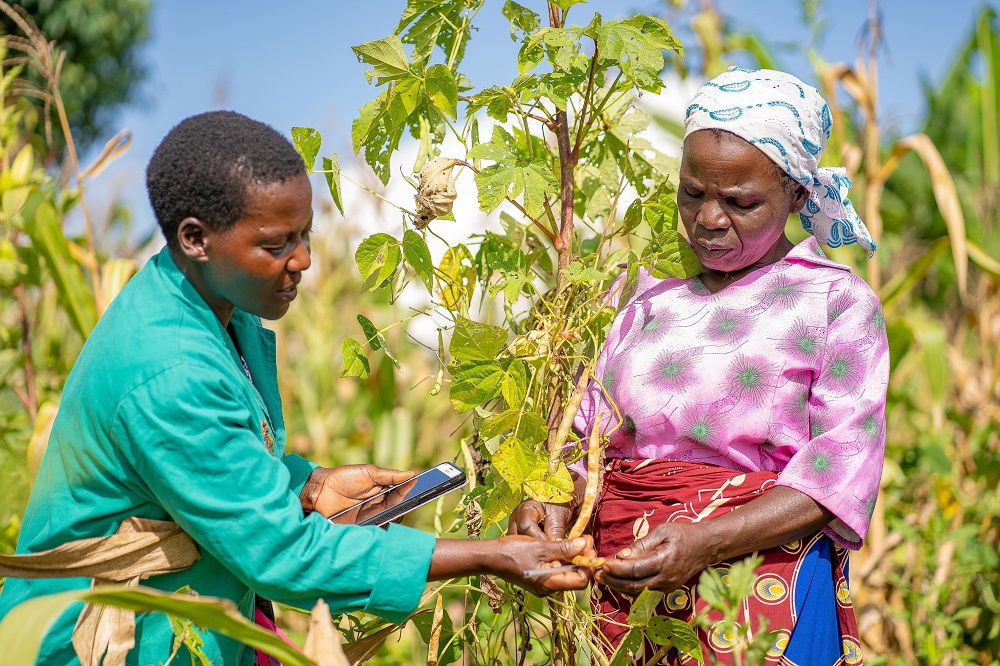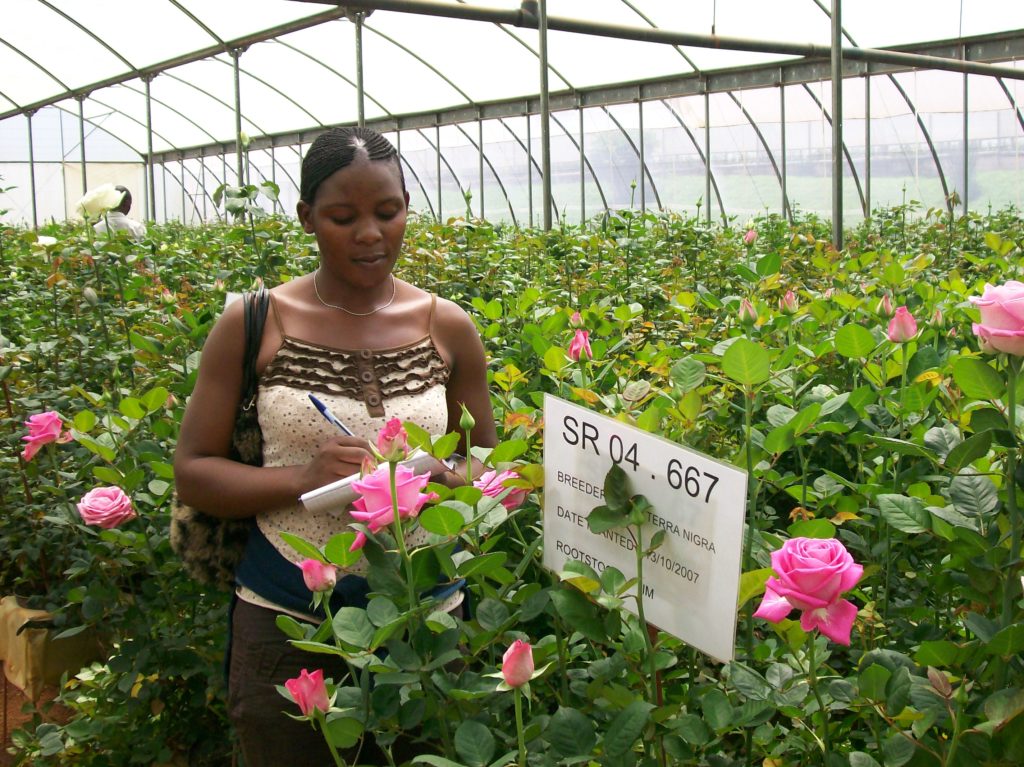CABI Blog
Category: Plant Sciences
You are here: CABI Blog
Biosecurity and skills development workshop brings together key players in Africa’s plant health ecosystem
June 23, 2025
Wayne Coles
No Comments
CABI has convened a plant biosecurity training and skills development workshop bringing together key players in Africa’s plant health ecosystem keen to help the continent’s smallholder farmers improve their livelihoods and food security.
A history of the spice trade: how spices shaped the world
February 14, 2022
James Hancock
No Comments
Spices are now an every day commodity in households around the world. James Hancock explores the origins of this important trade.
Newly launched searchRxiv builds search community to foster easier, quicker research
December 17, 2021
Rachel Winks
No Comments
This week, CABI launched searchRxiv (pronounced ‘search archive’), our new open-access platform. We created the website to help researchers report, store and share their searches consistently. This helps with the review and re-use of existing searches, making research quicker and easier. searchRxiv is open to everyone. It’s free for researchers to post, comment, download and…
Writing a good title is the best way to improve your paper
November 9, 2021
Bruce Kirchoff
No Comments
The titles of scientific papers are often ineffective. Such titles introduce the subject of the paper but fail to tell the reader the main finding. They only draw the interest of those who already work in the same area, and do not engage wider interest. Fortunately, it is easy to correct these problems, engage your…
Searching made easy with CAB Thesaurus
June 16, 2021
Debbie Chessell
No Comments
Ever known exactly what you want to find, but not quite getting the results you desire? As an organization with over 100 years of scientific research experience behind us, we know your pain. That’s why we created CAB Thesaurus, our digital indexing tool designed to help researchers quickly navigate through millions of subjects to find…
3 fast ways to find super-specialized research
June 10, 2021
Debbie Chessell
No Comments
We all know that essay deadline dread; you’ve got a rough idea, no clue where to find the right research, and less and less time to get everything (citations included) sorted. Never fear, CABI’s here! In this blog, we share our 3 top tips for finding super-specialized research, super-fast. Ditch Google Scholar, databases are your…
The persistent threat of emerging plant disease pandemics to global food security
June 8, 2021
Wayne Coles
No Comments
Global plant disease outbreaks are increasing, threatening the food security of vulnerable people in many parts of the world, writes Wayne Coles, PR Manager, CABI. A nutritious and stable food supply can help lift them out of poverty and improve their health. However, the spread of plant diseases, exacerbated by climate change and the global…
Overcoming the challenges and complexities of posting preprints
June 3, 2021
Kelly Snell
1 comment
On 29 April, CABI co-hosted an event about preprints with ASAPbio. This open-access webinar considered trends in agriculture and plant science and reviewed aspects of posting preprints, including their benefits, how they fit more broadly into science communication and how they help us tackle collective challenges around climate change and food security. To learn more…
Tackling pests to boost Uganda’s blossoming trade in floriculture
May 18, 2021
Florence Chege
No Comments
Breaking down the barriers to international trade has never been more important. Flowers are a profitable form of income for many low- and middle-income countries. However, small-scale growers in places like Uganda face hurdles accessing the kind of information and technologies needed to improve the standard of produce to supply lucrative global markets like the…
Preprints – Accelerating plant sciences and agriculture
May 11, 2021
Rachel Winks
No Comments
In recent years, the use of preprints (pre-peer reviewed versions of scholarly papers) has accelerated. Many researchers now share their work with the scientific community before or in parallel to publication with a journal. In agriculture and plant sciences, preprints are becoming a more popular means for disseminating research findings and results. John Inglis, the…
Subscribe to blog
DISCLAIMER
Views expressed in contributions do not necessarily reflect official CABI positions.
Archives
Categories
- Agriculture and International Development
- Veterinary and Animal Sciences
- Climate change and biodiversity
- Publishing
- Value chains and trade
- Crop health
- Environmental Sciences
- Human Sciences
- Tourism, Hospitality and Leisure
- Food and nutrition security
- Plant Sciences
- Gender and youth
- Digital development
- Development communication and extension
- Economic development
- Invasive species
- CABI Bioservices
- One Health









